Obituary: Stanleigh Jones
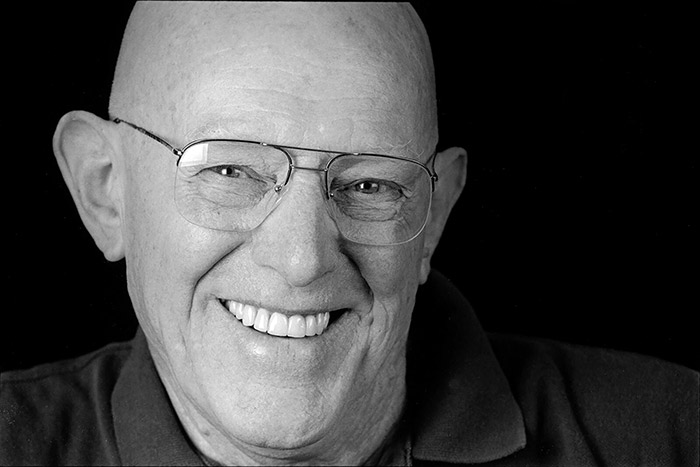
Grandfather, longtime Claremont Colleges professor, translator
When Stan Jones graduated from military academy in 1953, his assignment was South Korea. He had never been outside the U.S., but the deployment was transformational and set him, and his children and grandchildren, on paths to study and spend years in Asia.
His own career brought him, wife Josette and two young sons to Claremont in 1968 where he taught Japanese language, literature, and theatre at the Claremont Colleges for 35 years — 16 years at Claremont Graduate School and 19 years at Pomona College. He retired in December 2003.
He was a prolific translator of Japanese literature, including major 17th-19th century works of Japan’s Bunraku puppet theatre, and short stories by Japanese science fiction writers.
Stan died Feb. 4 at 92 from cardiac arrest.
He was known as an indefatigably cheerful grandfather and neighbor who cherished conversation, wine, and jokes, whether silly, bawdy, or, preferably, both. Little things brought him great pleasure — sunsets, birdwatching, sonnets. When his persimmon tree burst with fruit this winter for the first time since he moved in 30 years ago, he eagerly shared pictures, and persimmons, with family and neighbors. The same with the naked lady flowers (he loved that name!) around his house.
He loved how neighbors on Blaisdell Drive would celebrate July 4 and Halloween together, and he became “the See’s lollipop man” for passing out sweets.
There was little he disliked, except the game “Clue” — boy did he hate Clue! But he eagerly played Chinese checkers with his grandson, and in recent years learned Rummikub from neighbors, looking forward to matches around his dining room table.
Stanleigh Hopkins Jones, Jr. was born March 11, 1931 in Norfolk, Virginia. His father Stanleigh Sr. worked for the AAA and his mother Henrietta (née Gilliam) worked in various offices and was a longtime hospital volunteer.
His paternal grandmother traced the family tree to Thomas Savage, the teenager who came to Jamestown with the second wave of settlers in 1608, and who in a friendship exchange with the local chief became the adopted son of Powhatan, and thus the adopted brother of Pocahontas.
“Stan relished his Virginia upbringing and expressions he grew up hearing, such as ‘ugly as a mud fence,’ or a room ‘big enough to swing a dead cat,’” his family shared.
He graduated from Maury High School in Norfolk in 1949 and from Virginia Military Institute in Lexington in 1953. He often recalled the strict life as a VMI “rat,” and how he once caused a blackout by shooting out a transformer box from his dorm window with a contraband .22 rifle. He was only allowed out of lengthy detention to attend his parents’ wedding when they remarried after an initial divorce.
He spent two years in occupied South Korea just after the Korean War, taking leaves in Japan, falling in love with the language and culture. He attended Columbia University, earning his doctorate in Japanese literature. There he met, and in 1958 married, Josette Minsheng Yeu, a fellow student from China who grew up in the family that in 1669 had founded China’s most famous traditional Chinese medicine brand, Tongrentang. An only child, he felt adopted by Josette’s extended family, and considered her Chinese relatives his close kin.
He loved puns; a favorite was the song, “I Gave Her the Ring and She Gave Me the Finger.” He was an unending source of often corny jokes, which he loved sharing through his email “funnies” list.
He also invigorated many of the students he taught. “He inspired us to give the best of ourselves, and to mischief!” recalled former student Grace Ting. “One of my best memories at Pomona was when our whole class turned up in ‘pyjamas’ for his 7 a.m. class! It was proof of our admiration for him because we wouldn’t have embarrassed ourselves this way for any other professor.” He was also known for throwing plastic fruit at students for them to name in Japanese, and hosting gatherings with his wife at their home.
He made a huge contribution to the scholarship on Bunraku, translating two of the genre’s three masterpiece plays: “Sugawara and the Secrets of Calligraphy” (1985) and “Yoshitsune and the Thousand Cherry Trees” (1993), written in a language modern Japanese cannot understand. Later came “The Bunraku Puppet Theatre of Japan: Honor, Vengeance, and Love in Four Plays of the 18th and 19th Centuries” (2012). He also translated short science fiction stories by contemporary authors Shinichi Hoshi and Takashi Atoda.
His life work with literature, often translating poetry, moved him to memorize Shakespeare sonnets and to write his own verse. From a poem he wrote in 2012:
When I was one and eighty
Folks often said to me
“You’ll be lucky, matey,
If you reach eighty-three.”
But friends have been so kind
To me and all I do
I think I’m now a mind
To try for ninety-two.
He indeed made it to 92. Missing him are son Terril of Claremont, a journalism instructor at Claremont McKenna College (wife Mamiko Sato); son Derek Jones of Durham, North Carolina, an architect with Perkins&Will (wife Gennifer Weisenfeld); granddaughter and graduate student Maika Jones and grandson Yuji Jones, a CMC student, of Claremont; and granddaughter Luci Jones of New York City, a digital media specialist for Wonder Media Network.
Friends may make donations in Stan-Josette’s names toward students studying Asian languages at pomona.edu/give(Academic Departments/Asian Studies/Stan-Josette Jones).




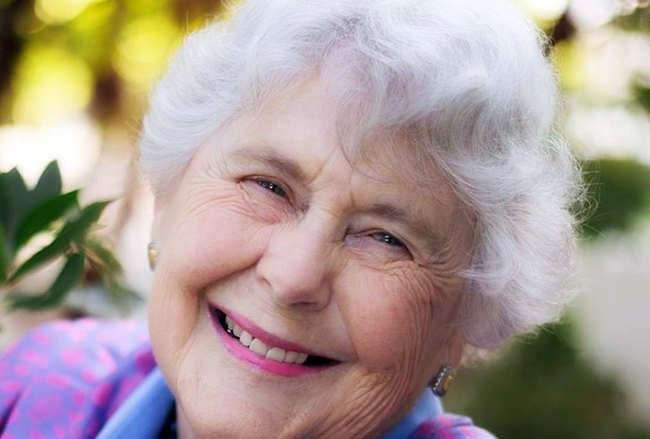
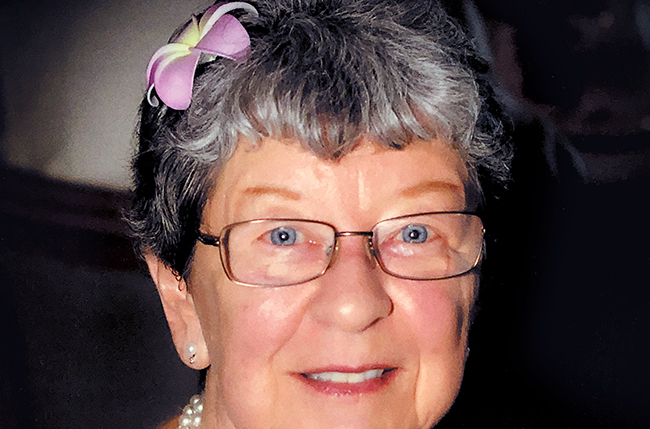
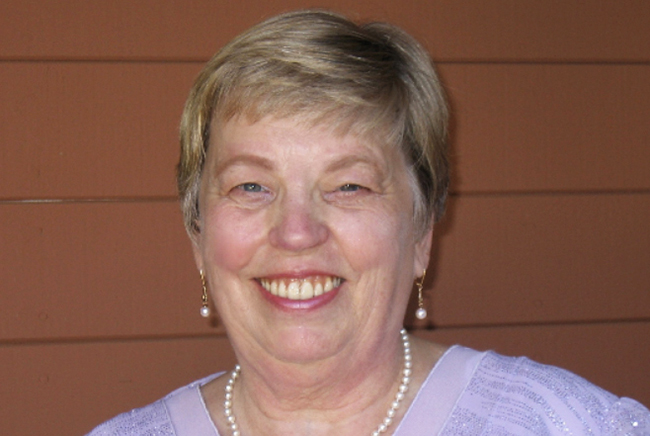
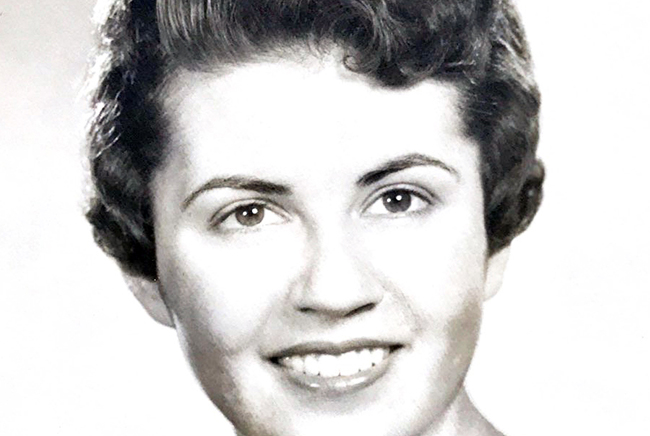

0 Comments